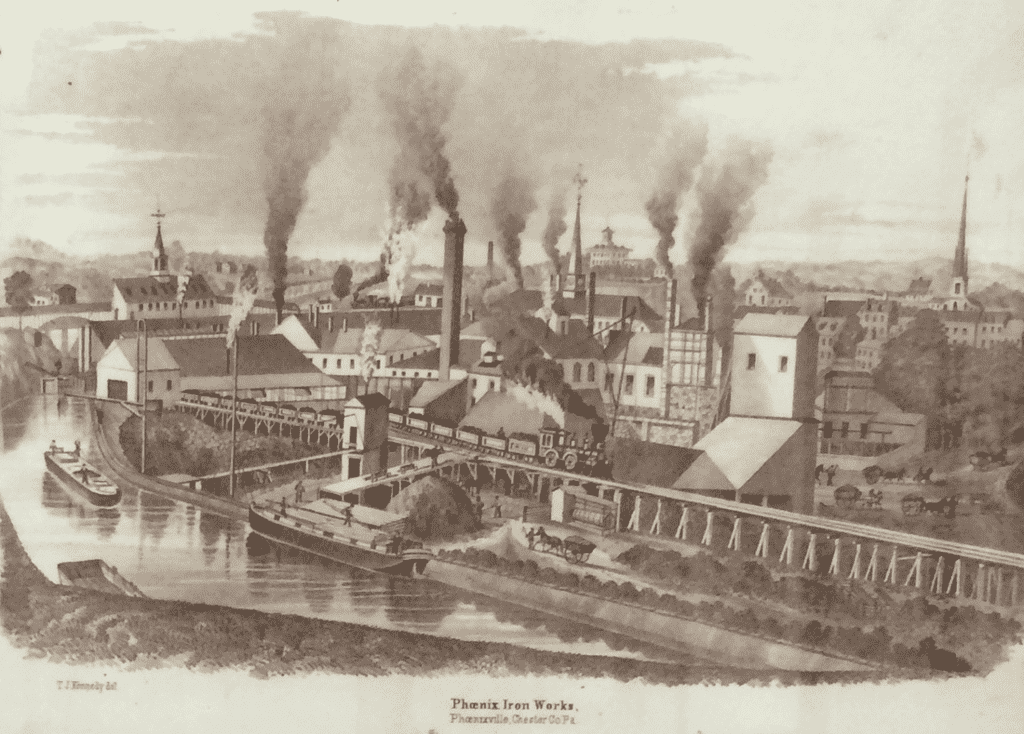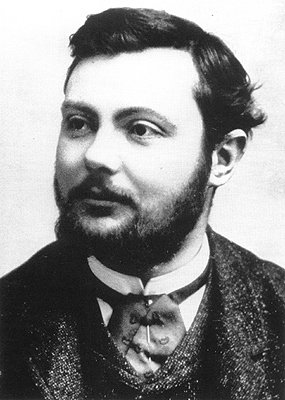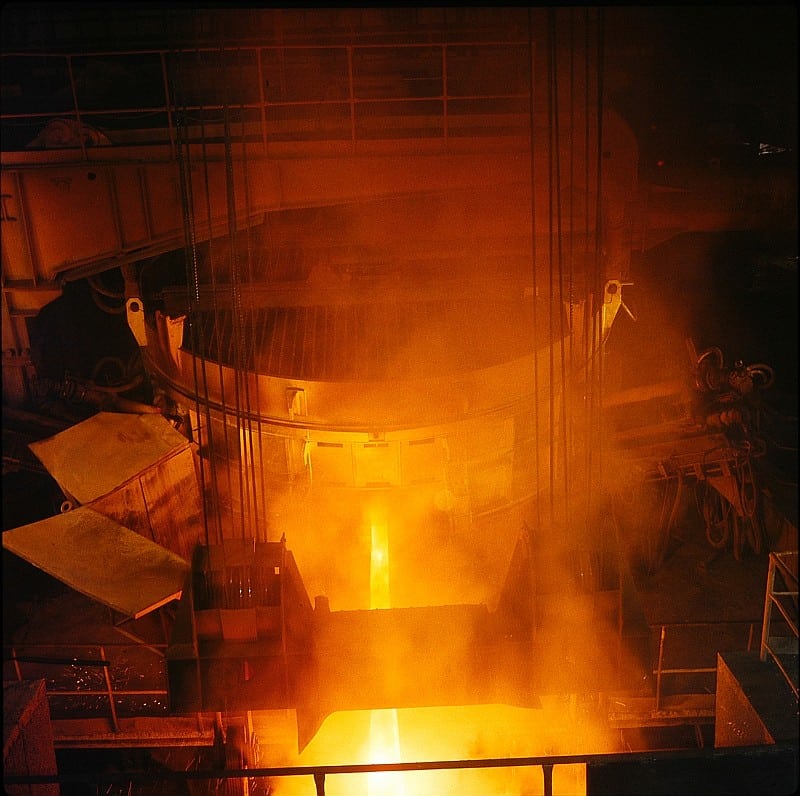Paul Heroult: A Game-Changer in the Iron Foundry Industry

Iron Foundries and the Contribution of Paul Heroult
Iron foundries have been essential to the development of various industries, such as construction, transportation, and manufacturing. These facilities specialize in the production of iron castings, which are crucial components in the creation of machinery, tools, and equipment.
In this article, we will explore the history and significance of iron foundries, and their role in shaping modern society. Moreover, we will also discuss the contribution of Paul Heroult, a pioneering figure in the iron and steel industry, in revolutionizing the production of iron and steel.
The Ancient Past of Iron Foundries
 The history of iron foundries dates back to ancient times. Iron casting was first discovered in China during the 6th century BCE when craftsmen used molds made of clay to create intricate objects such as weapons, tools, and decorative pieces. The process of iron casting was later adopted by the Greeks, who used it to create sculptures and architectural elements.
The history of iron foundries dates back to ancient times. Iron casting was first discovered in China during the 6th century BCE when craftsmen used molds made of clay to create intricate objects such as weapons, tools, and decorative pieces. The process of iron casting was later adopted by the Greeks, who used it to create sculptures and architectural elements.In the medieval period, iron foundries became more widespread in Europe, where they were used to produce various objects such as bells, cannons, and cooking pots. The development of the blast furnace in the 15th century marked a significant milestone in the production of iron and steel, allowing for the mass production of iron castings. This innovation led to the growth of the iron industry in Europe, which played a crucial role in the Industrial Revolution of the 18th and 19th centuries.
Iron foundries were vital to the success of the Industrial Revolution, as they supplied the iron castings needed for machinery, railways, and buildings. Foundries proliferated throughout Europe and North America, becoming centers of innovation and production. The iron industry continued to grow throughout the 20th century, as new technologies and production methods were developed.
The Contribution of Paul Heroult to the Iron Industry
 Paul Heroult was a French scientist and inventor who made significant contributions to the iron and steel industry. Born in 1863, Heroult developed an interest in chemistry and metallurgy at a young age. He studied at the Ecole Centrale des Arts et Manufactures in Paris, where he developed a keen interest in the production of steel.
Paul Heroult was a French scientist and inventor who made significant contributions to the iron and steel industry. Born in 1863, Heroult developed an interest in chemistry and metallurgy at a young age. He studied at the Ecole Centrale des Arts et Manufactures in Paris, where he developed a keen interest in the production of steel.In 1886, at the age of 23, Heroult invented the electric arc furnace, a revolutionary technology that allowed for the production of high-quality steel at a lower cost than traditional methods. The electric arc furnace used an electric arc to heat the raw materials, such as scrap metal and pig iron, to high temperatures, melting them into liquid steel. This process was faster, more efficient, and less expensive than the traditional Bessemer process, which required large quantities of pig iron and had limited control over the quality of the steel produced.
A Revolution in the Industry
 The electric arc furnace was a game-changer for the iron and steel industry. It allowed for the production of steel on a larger scale, making it more affordable and accessible. The technology was quickly adopted by steel mills around the world, revolutionizing the industry and contributing to the growth of modern society.
The electric arc furnace was a game-changer for the iron and steel industry. It allowed for the production of steel on a larger scale, making it more affordable and accessible. The technology was quickly adopted by steel mills around the world, revolutionizing the industry and contributing to the growth of modern society.The electric arc furnace also had a significant impact on the iron foundry industry. Iron foundries could now access high-quality steel at a lower cost, allowing them to produce better-quality iron castings. Moreover, the electric arc furnace allowed for the production of a wider range of iron alloys, which could be tailored to specific applications. This made iron castings more versatile and adaptable to different industries.
Heroult’s invention was not limited to the iron and steel industry. The electric arc furnace was also used in the production of other metals, such as copper, aluminum, and titanium. The technology was also adopted in other industries, such as the production of glass and ceramics.
The Legacy of Iron Foundries and Paul Heroult
Iron foundries have played a vital role in shaping modern society. They have been instrumental in the production of various components and machinery needed for transportation, construction, and manufacturing. The versatility of iron castings has allowed them to adapt to the changing needs of different industries, making them indispensable in modern production.
The contribution of Paul Heroult to the iron and steel industry has also been significant. His invention of the electric arc furnace revolutionized the production of steel and made it more affordable and accessible. This innovation has had a lasting impact on modern society, as steel is used in many applications, from buildings and bridges to cars and airplanes.
The electric arc furnace has also contributed to the growth of the iron foundry industry. Iron foundries can now access high-quality steel at a lower cost, allowing them to produce better-quality iron castings. This has made iron castings more versatile and adaptable to different industries, further strengthening their importance in modern production.
A Contribution to the Modern World
Iron foundries have been essential to the development of modern society. Their contribution to the production of iron castings has made them crucial components in the creation of machinery, tools, and equipment. Moreover, their versatility has allowed them to adapt to the changing needs of different industries, making them indispensable in modern production.
The legacy of iron foundries has been further strengthened by the contribution of Paul Heroult to the iron and steel industry. His invention of the electric arc furnace revolutionized the production of steel and made it more affordable and accessible. This innovation has had a lasting impact on modern society and has contributed to the growth of the iron foundry industry.
Willman and a Legacy of Innovation
Overall, iron foundries and their history, as well as Paul Heroult’s contribution, are crucial parts of the development of modern society. The iron foundry industry will continue to play a vital role in the production of iron castings, which are essential to the continued growth and development of modern production.
Willman is proud of these innovators in the iron and steel industry. Without their contributions to these important industries, we would not have some of the things that we take for granted today. Our engineers, specialists, and technicians are inspired by their ingenuity and motivated to build on their success.
Call us today to find out how our dedication to excellence can benefit your company and your customers. Our knowledgeable staff and state-of-the-art facilities will provide the quality that you deserve!

